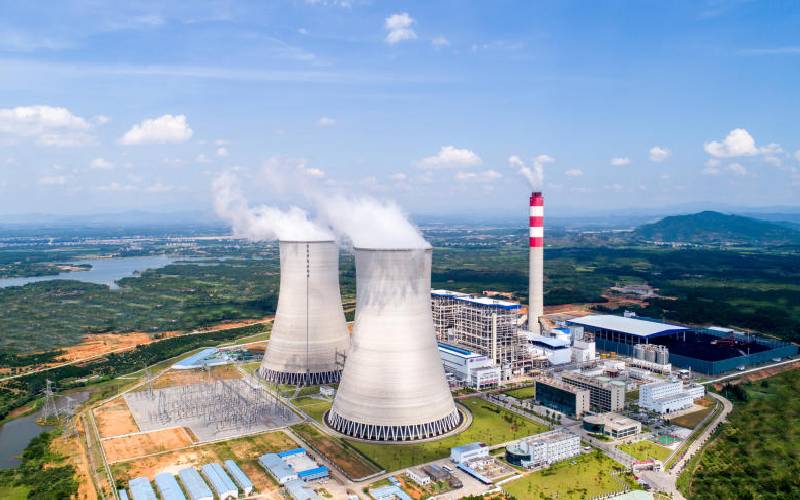A review of the electricity tariff in August and a weak shilling for the better part of 2020 has meant that Kenyans might not enjoy lower power prices any time soon.
This is despite a significant dip in the power sourced from costly thermal power plants.
The high cost of power has largely been blamed on power producers who use heavy fuel oil or diesel in power generation.
This is because the cost of fuel, which is significantly high in comparison to geothermal steam or water, is passed on to consumers. Read More
It then follows that when the reliance on the fuel power generators goes down, as was the case last year, the cost of electricity should also come down.
This has, however, not been the case. Over the last year, the country has cut its reliance on expensive thermal power producers, largely on account of increasing power generation from geothermal plants as well as good rains, which meant hydropower plants fed power to the national grid throughout 2020.
This meant that the fuel cost charge – the pass-through cost borne by consumers whenever thermal plants are turned on – remained relatively low at Sh2.50 for the better part of last year and only went up recently to Sh2.58 in January.
Thermal power plants on average accounted for just six per cent of the electricity consumed in Kenya last year compared to 11 per cent in 2019.
Key reasons
According to data from the Kenya Bureau of Statistics (KNBS), thermal power companies on average supplied 61 million units (kilowatt-hours, kWh) of power per month against a consumption of 946 million units a month in 2020. The supply dropped to a low of 35 million units in April.
Consumption of thermal power last year is in comparison to 2019, where on average the thermal plants fed 109 million units per month to the grid against monthly consumption of 950 million units.In April 2019, the power plants pushed as much as 181 million units.One of the key reasons that led to a reduction of the amount of energy generated by the thermal power plants was increased geothermal capacity by State-owned power producer KenGen, as well as the restrictions put in place earlier in the year to reduce the spread of Covid-19.KenGen recently said it had fully operationalised its recently constructed 165 megawatts (MW) Olkaria V power plant.The geothermal capacity rendered some of the power produced by thermal […]
